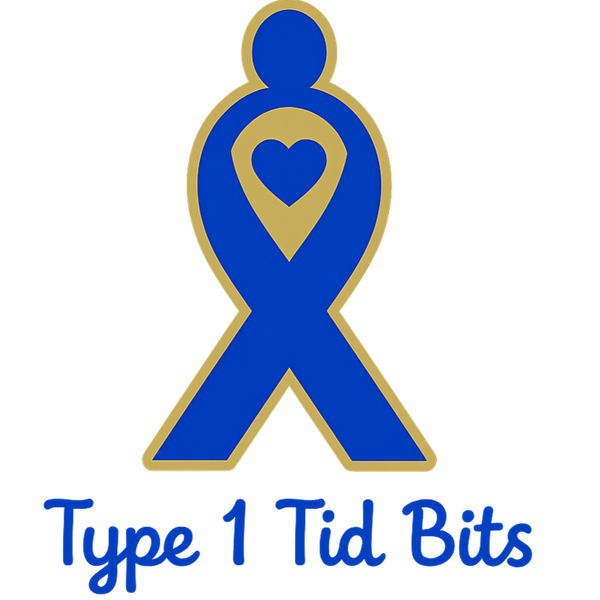When managing type 1 diabetes, most people focus on insulin doses, carb counts, and activity levels. But there’s another factor that plays a powerful role in blood sugar control: sleep.
Poor sleep doesn’t just leave you feeling tired—it can directly affect insulin sensitivity, hormone regulation, and blood sugar stability. Let’s explore the connection between sleep quality and blood sugar variability, and how better rest can mean better diabetes management.
How Sleep Affects Blood Sugar
1. Hormones and Insulin Sensitivity
-
Lack of sleep raises stress hormones like cortisol, which increases blood sugar.
-
Poor sleep reduces insulin sensitivity, meaning the same amount of insulin may not work as effectively.
2. Appetite and Cravings
-
Sleep deprivation disrupts ghrelin and leptin, the hormones that regulate hunger.
-
This often leads to carb-heavy cravings, which can cause spikes if not matched carefully with insulin.
3. Nighttime Blood Sugar Swings
-
Late-night snacking, stress, or inconsistent insulin dosing can create a cycle of highs and lows.
-
Poor sleep can make it harder to notice or respond to nocturnal hypos.
Blood Sugar Variability & Sleep
Blood sugar variability refers to how much your glucose levels rise and fall throughout the day. High variability is linked to:
-
Increased risk of complications.
-
More frequent hypos and hypers.
-
Lower overall quality of life.
Poor sleep contributes to variability by making insulin action less predictable and by encouraging food choices that are harder to manage.
Practical Tips for Better Sleep & Stable Blood Sugar
1. Keep a Consistent Sleep Schedule
-
Aim for 7–9 hours of sleep, going to bed and waking up at the same time each day. It's not easy, I know! trying to aim for a similar time each day can make a huge diffeence.
2. Create a Relaxing Bedtime Routine
-
Avoid screens 1 hour before bed. (Not easy with a CGM, but try using Blue Light Filter on your phone)
-
Try reading, stretching, or calming music.
3. Watch Nighttime Snacks
-
If you need a bedtime snack, choose something balanced (protein + slow carbs) to reduce overnight swings. ( I always go super low carb to simplify things)
4. Adjust Evening Insulin with Care
-
Work with your diabetes team to fine-tune evening basal or bolus doses to reduce nocturnal highs and lows.
5. Track Your Patterns
-
Use a CGM to spot trends in nighttime glucose levels.
-
Log how sleep quality affects the next day’s blood sugars.
When to Seek Help
If poor sleep is frequent, discuss it with your healthcare team. Conditions like sleep apnea, restless legs, or neuropathy-related discomfort can all impact sleep—and addressing them can improve both rest and blood sugar control.
Sleep is often the “missing piece” in type 1 diabetes care. By improving sleep quality, you can reduce blood sugar variability, increase energy, and make carb counting and insulin adjustments easier.
Managing diabetes isn’t just about what you eat or how much insulin you take—it’s also about how well you rest.

